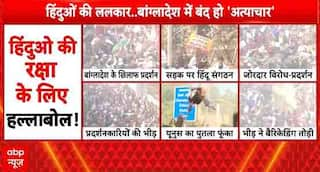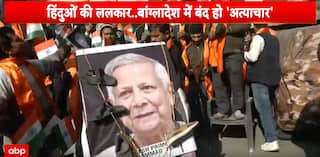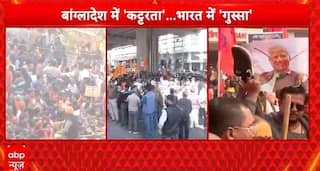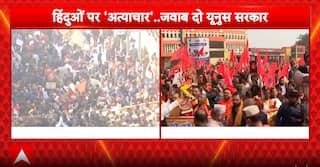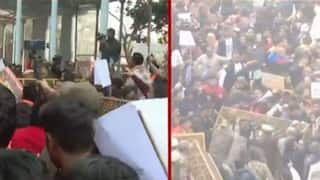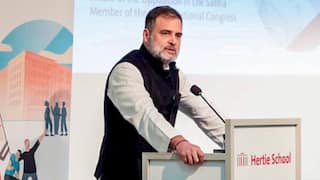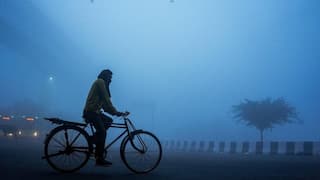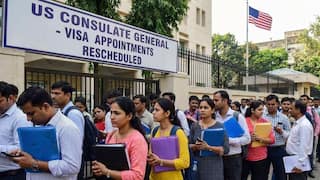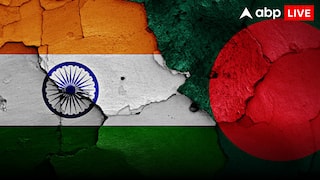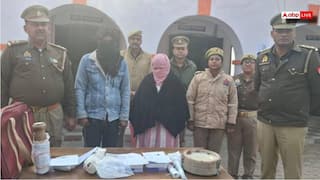Ruling Party MP P Amarakeerthi Athukorala Killed In Sri Lanka Clashes: Report
AFP quoting local police confirmed the death of MP P Amarakeerthi Athukorala, as over 130 people were reported injured in clashes spread throughout the island nation.

New Delhi: Sri Lanka’s ruling party MP died on Monday after sporadic clashes between pro and anti-government protesters erupted in different parts of the country. News agency AFP quoting local police confirmed the death of MP P Amarakeerthi Athukorala, as over 130 people were reported injured in clashes spread throughout the island nation.
#BREAKING Ruling-party MP killed in Sri Lanka clashes: police pic.twitter.com/Ri6umuPWiX
— AFP News Agency (@AFP) May 9, 2022
As per the AFP report, the MP opened fire at protestors and critically wounded two people blocking his car in Nittambuwa, a town situated on the Colombo-Kandy highway. He was later found dead after trying to take refuge in a nearby building, officers told news agency AFP.
AFP quoting officials reported that two people have been killed and 139 injured during the recent erupted Sri Lanka clashes.
Meanwhile, Sri Lankan Prime Minister Mahinda Rajapaksa resigned on Monday after reports surfaced that dozens of people were hospitalised when his supporters attacked anti-government protestors.
Effective immediately I have tendered my resignation as Prime Minister to the President.
— Mahinda Rajapaksa (@PresRajapaksa) May 9, 2022
අගමැති ධූරයෙන් ඉල්ලා අස්වීමේ ලිපිය ජනාධිපතිතුමා වෙත යොමු කළෙමි.
Rajapaksa's spokesman Rohan Weliwita said the 76-year-old sent his letter of resignation to President Gotabaya Rajapaksa, clearing the way for a "new unity government" to be formed.
Sri Lanka Under Emergency
On Friday, the Sri Lankan President after a special cabinet meeting declared a state of emergency. This is the second time that an emergency was declared in Sri Lanka in the span of over a month.
The island nation faces its worst economic crisis, since its independence. The economic crisis is caused in part by a lack of foreign currency, which has meant that the country cannot afford to pay for imports of staple foods and fuel leading to acute shortages and inflated prices.










